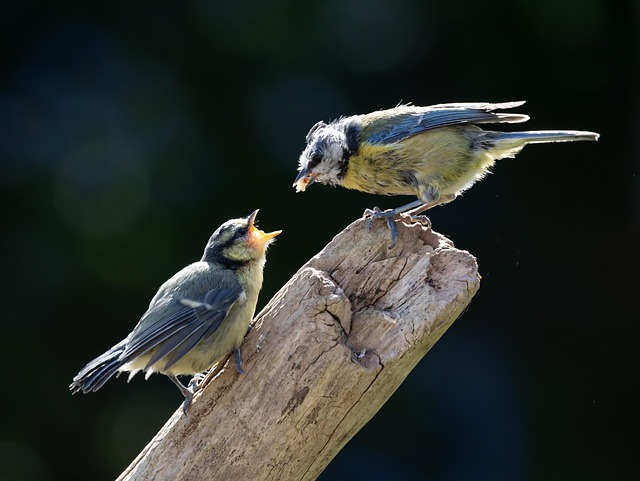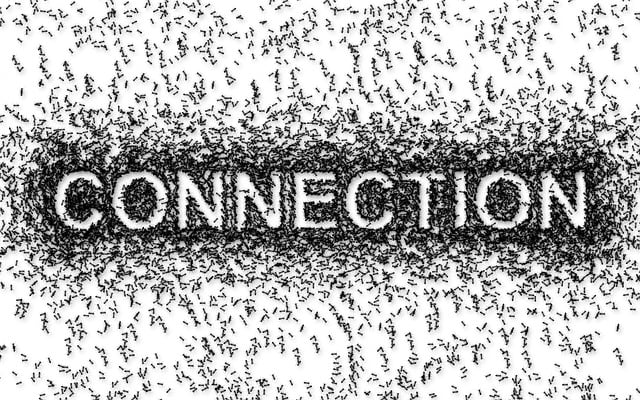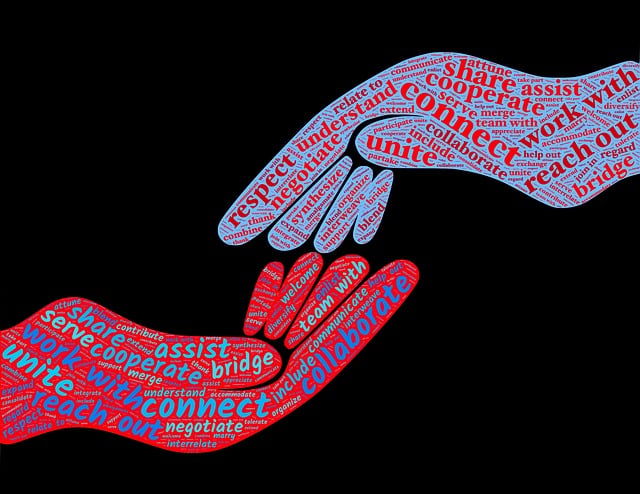In our May online Meetup of writers-with-chronic-illness, Jennifer Crystal introduced a poem by Lucile Clifton titled, “Won’t You Celebrate With Me?”. The poem was made more poignant by a video presentation of Lucile reading her poem to an audience. In the poem, Lucile talks about her life as a woman who was non-white and who had to shape her life without models, simply by being true to herself. She asks us to celebrate with her that “every day something has tried to kill me and failed!” Lucile is noted for her comment, “One should wish to celebrate more than wish to be celebrated.”
Lucile’s message is to celebrate the simple things in life – that we are alive, have an identity shaped by our background and life experiences, and have the opportunity to be true to ourselves whatever our life’s work may be.
Writing process
Participants in the Creative Meetup group were encouraged to write their own reflections beginning with the words, “won’t you celebrate with me?” In the sharing of reflections, people identified simple things in life to celebrate – that they woke up, were able to walk, could appreciate nature, showed courage despite their pain and fears, maintained hope despite the daily setbacks, and managed the unexpected.
People expressed appreciation of light and dark, the rhythms of life, and the opportunity to slow down and be calm. Other simple things in life that were celebrated in the group included receiving a thank you, listening to birds and raindrops, being able to breathe and seeing the sunrise and sunset.
Participants’ reflections were often expressed as poems. Jennifer pointed out that poetry enables “a larger story in a concentrated space”. This was particularly true for one participant who expressed anger at having to endure delays in medical diagnosis and treatment. There are times when people with chronic illness feel that the medical system “works against them”.
Celebrating the small things as we age
Carol Lefevre in Bloomer, her memoir about aging, wrote about the challenge of dealing with ageing and the discrimination of ageism, particularly against women. She concluded that ageing is a “necessary adventure” and her way to achieve wellness during this late phase of her life (turning seventy), was to become “settled in to a pattern of thinking, reading and writing” – a simple pattern of being-in-the world that is congruent with her age (she writes “what only an old woman can write”).
Carol contends that we can flourish in late-life if we embrace life “as it is” when we age. We can flourish through our creative pursuits, particularly through writing and gardening. She stated that her strategy to deal with the challenges of aging is “to retreat in to the garden”. Carol noted that the fluidity and rhythms of nature serve as a calming influence in the face of “the relentless press of daily life”. Hope is embedded in gardening because it is “a forward-looking pastime” that promises a return in the future on the investment of time and energy.
The simple act of being with nature
Research has repeatedly confirmed the healing effects of nature. Nature’s solitude and silence can create a pathway to self-awareness and resilience. Nature reminds us of our interconnectedness and our co-dependence. Being with nature involves more than being in it; being-with-nature entails opening our senses to the wonder and awe of nature. We can listen to the rustling leaves and the birds (near and far); observe the colours of the trees and flowers; smell the earth and rotting vegetation; touch the vast array of textures surrounding us; and taste the fruits of the forest.
The Japanese have mastered the art of “forest bathing”, walking slowly and mindfully through a forest. A forest can highlight our senses, boost our mood and evoke stillness and resilience. Trees can be a source of meditation, reflecting the enigmas of daily life and reinforcing the transitory nature of human beauty. They can ground us in the simple things of life such as the air that we breathe and the ever-changing foliage that encompasses us.
Carol found solace in gardening because there is “a timelessness to the routine tasks of weeding, digging, planting”, and the fruits of today’s labour remind us of our forebears engaging in these same flourishing activities (including monks of old who planted and harvested herbs and other edible plants). She contends that this connectedness to the past is both grounding and calming and “gently draws attention back to the present moment”.
I find that playing tennis likewise grounds me in the present moment and helps me to develop mindfulness. In my poem For The Love of Tennis I acknowledge this groundedness and savour the simple things of being able to “run, bend, stretch and strain” and to experience again “the slice, the serve, the stroke, the sound”.
Reflection
Jennifer noted that in the Creative Meetups participants shared their vulnerability and strong emotions and were supported by people “holding space for each other” and listening compassionately. Louise DeSalvo reinforces the healing power of storytelling in Writing as a Way of Healing: How Telling Our Stories Transforms Our Lives. She offers practical advice and tips for “restorative writing” – “writing as a way to heal the emotional and physical wounds that are an inevitable part of life”.
I found when people were sharing their writing that I became “teary”, not only because of the evocative writing that was shared but also the pain and suffering. I found that I was feeling for, and with, the person who was sharing – an empathic response.
Following the sharing, Jennifer asked us to write a process journal entry where we wrote about “what it felt like to write [tonight] and listen”. Participants indicated that they were sharing things in the group that they would not share outside the group – a sign of growing trust and mutual respect with the Meetup group.
In writing the process reflection, I found that my strong empathetic feelings tended to mask my own uncomfortable feelings of anger and frustration at the members of the medical profession. I’ve continually encountered the failure of a medical practitioner to listen to what I was sharing before jumping to a solution based on their personal orientation and training. The result has been inadequate treatment and ongoing problems with MCAS and related allergies. I had to find out for myself, for example, that wheat allergy can lead to “exercise-induced anaphylaxis” if I “exercise within a few hours after eating wheat”.
Writing a process journal entry is a form of “writing slow” which is highly recommended by Louise DeSalvo as a means to deepen our creativity and reflection.
By focusing on the small things in life, along with reflection and writing, we can grow in mindfulness and, in consequence, build self-awareness and creativity to manage our lives more peacefully and productively.
In the following reflective poem, written during the May Meetup, I share something of my thoughts about the power of writing poetry:
Poetry for Peace
Searching for a food I can eat
Like a fox foraging in the forest.
Tantalising sweet taste sensation
Transforming into testing torture.
Poetry creating peace through pain,
A place for planning and pleasure.
Opening up options for optimism,
Resolving to reframe for resilience.
Control is within, not without,
Choice to contract, not expand.
Accepting the constraints on food,
Exploring freedom to flourish.
______________________________________
By Ron Passfield- Copyright (Creative Commons license, Attribution-Non-Commercial -No Derivatives.
Disclosure: If you purchase a product through this site, I may earn a commission which will help to pay for the site, the associated Meetup group and the resources to support the blog.









